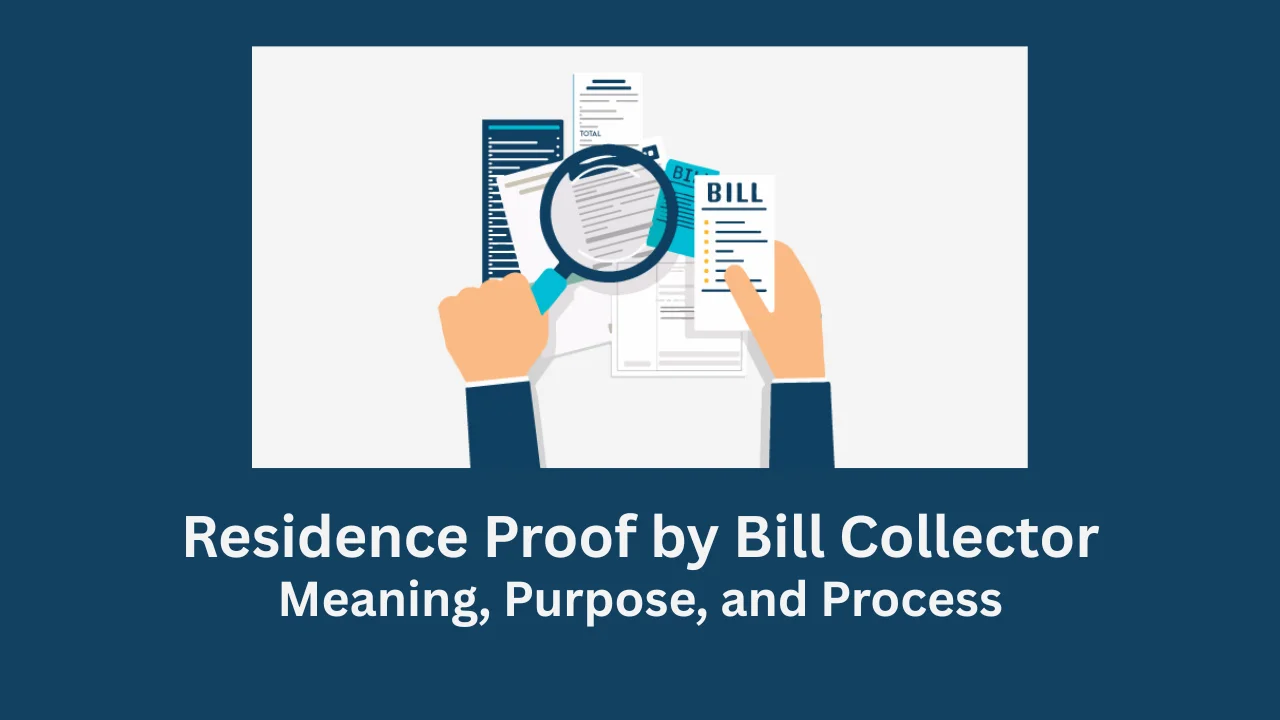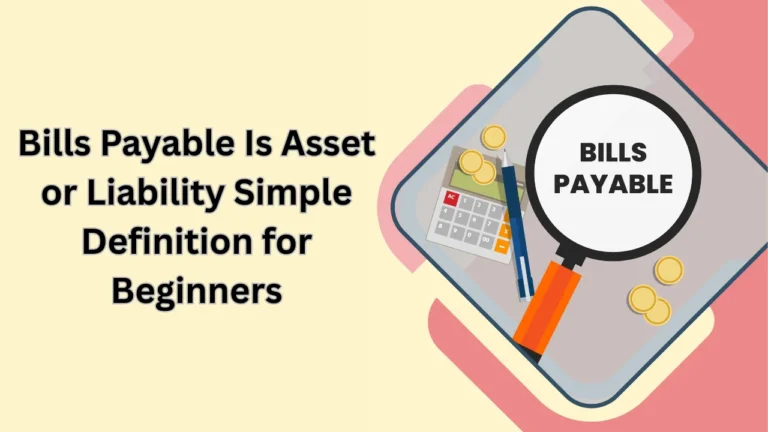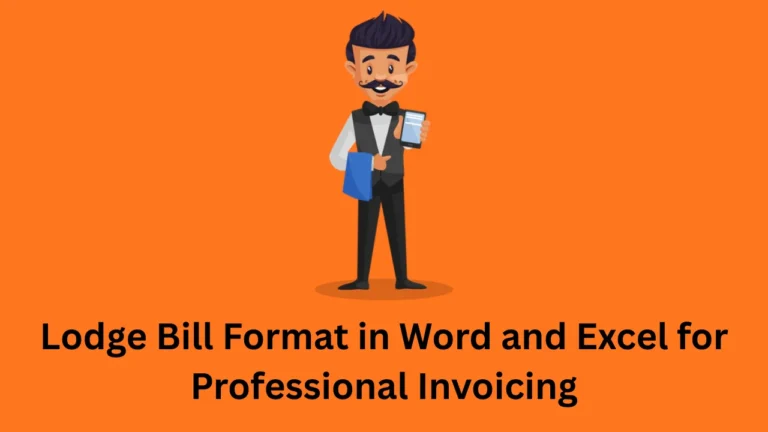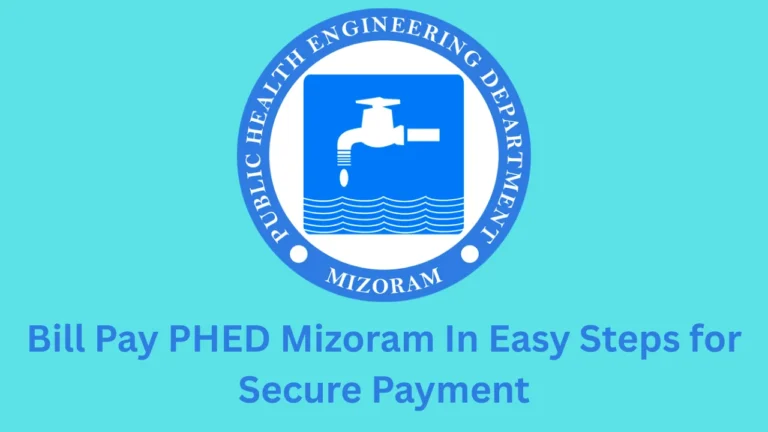When a bill collector or financial agency contacts you, they may ask for residence proof to confirm your address. This document ensures that all communications reach the correct person and address. It helps avoid fraud, miscommunication, or wrongful claims. Much like how people verify financial details through tools like nhai fastag balance check, residence proof ensures that location details are genuine and verifiable.
The term residence proof by bill collector refers to the verification process where a collector requests valid proof of your current living address. It’s a crucial part of identity verification in many financial, credit, and legal activities.
What is Residence Proof by Bill Collector?
A residence proof by bill collector serves as an official way to verify that you actually live at the address you claim. Bill collectors often need this when they are:
Sending legal notices or reminders.
Confirming the address for pending dues.
Updating contact records for billing or recovery purposes.
In most cases, the collector won’t visit your home but will request a scanned copy or photocopy of a valid document that clearly shows your name and address.
Why Residence Proof Is Important
Having a residence proof by bill collector ensures the accuracy of all communications between you and the company. It protects both sides — the collector ensures legitimacy, while you ensure your information isn’t misused.
This process:
Confirms you are the rightful account holder.
Helps prevent fraud or mistaken identity.
Makes documentation legal in the case of disputes.
Ensures recovery notices are delivered correctly.
Without valid residence proof, a collector might be unable to proceed with billing actions or verification procedures.
Types of Documents Accepted as Residence Proof
When asked for residence proof by bill collector, several commonly accepted documents can serve as verification. The most preferred ones are recent bills or government-issued documents. The table below highlights typical examples.
| Document Type | Example | Validity Period |
|---|---|---|
| Utility Bills | Electricity, Water, Gas Bill | Within 3 months |
| Telecom Bills | Landline, Internet, Mobile Bill | Within 3 months |
| Bank Statement | Account Statement with Address | Within 6 months |
| Government Documents | Voter ID, Driving License, Aadhaar Card | Current & Active |
| Rental Agreement | Registered Lease Document | Current Residence |
Each of these documents serves as clear evidence of your residence and is accepted by most collection agencies.
The Process of Providing Residence Proof
Providing residence proof by bill collector is usually simple and can be completed online or offline. The collector will either ask you to:
Submit a soft copy via email or an online form, or
Provide a physical copy during an in-person verification.
Once submitted, the collector verifies your document by matching your name and address with their system records. The process ensures both data accuracy and customer security.
If the details don’t match, the collector may contact you again to re-verify the address. This step ensures that all future communication reaches the right person at the right place.
Legal and Regulatory Importance
In most countries, financial institutions and collectors are legally required to verify the residence proof by bill collector for compliance purposes. This is part of KYC (Know Your Customer) guidelines enforced by government agencies and financial regulators.
These laws protect customers and ensure that every debt collection or recovery activity happens with verified information. For example, if a collector fails to verify your address, legal notices might go to the wrong person — which could create confusion or legal issues.
Therefore, providing residence proof is not just procedural but also a legal necessity under most financial regulations.
How Collectors Use Residence Proof
Once verified, a residence proof by bill collector becomes part of your account record. Collectors use this information for:
Updating billing or loan records.
Sending notices or communication letters.
Verifying the address during credit score checks.
Confirming eligibility for repayment or settlement options.
However, the collector must handle your data carefully and comply with data privacy laws. They cannot share your proof or address without authorization.
This process is similar in responsibility to financial checks like nol card balance check, where sensitive personal data must be kept secure and accurate at all times.
Common Issues and How to Solve Them
Sometimes, people face issues when providing residence proof by bill collector. These usually occur due to incorrect or outdated documents. Here are some common challenges and their solutions:
| Issue | Reason | Solution |
|---|---|---|
| Address Mismatch | Old or incomplete address | Submit updated bill or government ID |
| Illegible Copy | Blurred or unclear photo | Scan clearly in color or PDF format |
| Expired Document | Bill older than 3 months | Provide recent proof |
| Name Mismatch | Name differs from records | Attach supporting ID like Aadhaar or passport |
Ensuring your details match your current residence avoids delays or rejections during verification.
Digital Submission and Online Verification
With digital banking and online systems, providing residence proof by bill collector has become much easier. Many agencies now allow document uploads via secure web portals or verified links.
Once uploaded, the system automatically scans and cross-verifies your details. If successful, confirmation is sent within 24–48 hours. This digital shift saves time, prevents data loss, and provides instant updates to both parties.
For instance, you can upload a digital electricity bill or an online bank statement showing your address. Always ensure your name and address are visible and match your collector’s records.
The Connection Between Identity and Residence Proof
A valid residence proof by bill collector often complements your identity proof. Together, they verify who you are and where you live. This dual verification strengthens your case in any financial or legal matter.
In cases of disputes, these records can serve as evidence that the collector reached out correctly. It also helps you maintain transparency in financial dealings.
Collectors value accuracy because wrong addresses can lead to undelivered notices, which might delay payments or even legal actions. Therefore, timely submission of residence proof is essential for smooth communication.
Real-World Example: Why Residence Proof Matters
Imagine you moved to a new apartment, and your old billing address is still in the system. The collector sends a reminder letter to your previous address, and you never receive it. Later, you’re charged for late payment or unnotified action.
In this scenario, updating your residence proof by bill collector could have prevented the problem. It ensures that every notice, message, or statement reaches you on time. That’s why many companies now verify addresses regularly to prevent such issues.
Safety and Data Protection
Your residence documents contain personal data, so it’s natural to be cautious. Reputed agencies handling residence proof by bill collector use encryption and secure servers to protect your information. They cannot use your details for marketing or non-financial purposes.
If you’re unsure, always confirm the authenticity of the collector before sharing any documents. Never send sensitive information through public links or unsecured emails.
Conclusion
Providing residence proof by bill collector may seem like a small step, but it builds credibility and ensures fairness between both parties. It’s a transparent process that helps confirm identity, location, and legitimacy.
Always keep recent bills or government IDs ready for submission. Make sure your address is current and clear. This small act can save you from big complications later.
Just like verifying a nhai fastag balance check or nol card balance check helps you stay in control of your finances, providing residence proof keeps your communication secure and verified.




